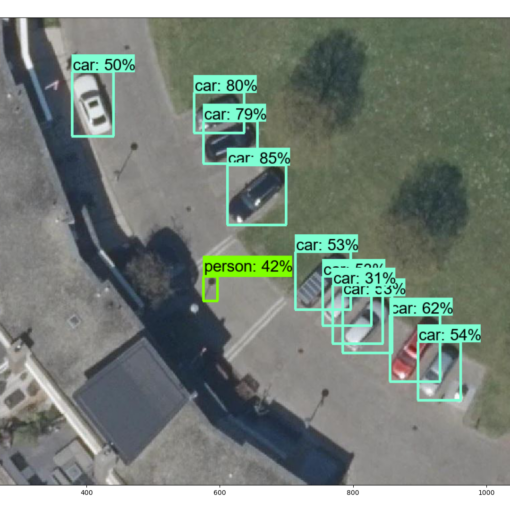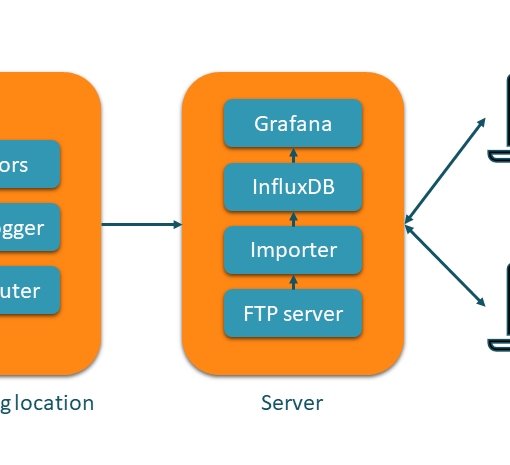There was a time when GIS (geographic information system) was synonymous with ArcGIS, a fact that ESRI could easily exploit to ask high license fees. Luckily, there’s an Open Source project that has matured from humble beginnings to a full-blown GIS suite: QGIS. The feature list is extensive: It supports most data types (shapefiles, text files, raster files, databases, WFS, WMS, etc.). It has the common processing tools, either built-in or via GDAL, GRASS, or SAGA GIS. There are many plug-ins available that add useful functionality, and you can of course write your own.
Recent additions are the support of 3D data and 3D display of it, along with the ability to load and display point clouds. The functionality is as yet somewhat limited and not terribly stable, but this will surely improve in future releases.
So if you ever need to use geographic data, even it is only displaying a simple dataset, I can highly recommend QGIS. If you’re on Windows, I would recommend using the OSGeo4W installer. This installs not only QGIS but also a lot of useful add-ons such as GRASS and GDAL. You can also use the OSGeo4W setup program to easily update your installation to the most recent release. There is however the possibility that this will not work on an older installation. In this case, you need to uninstall OSGeo4W, download the latest installer, and then install everything again.




